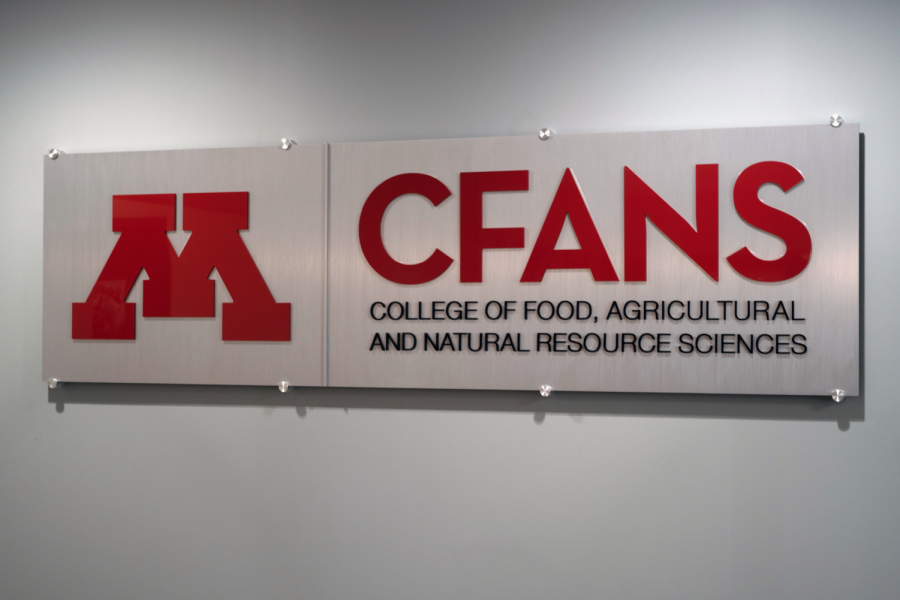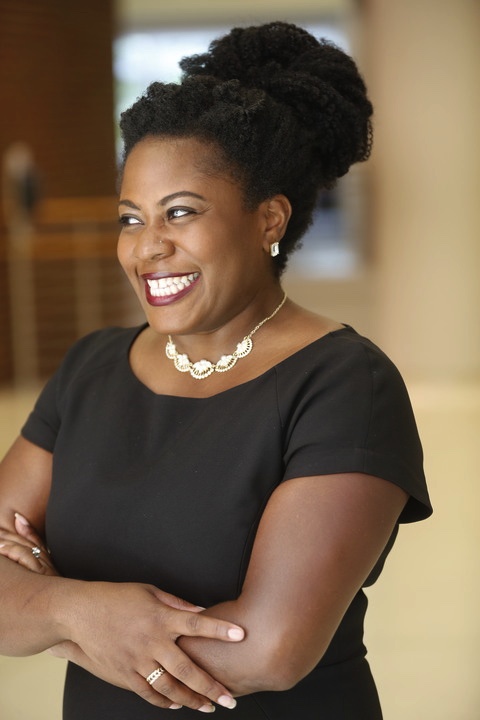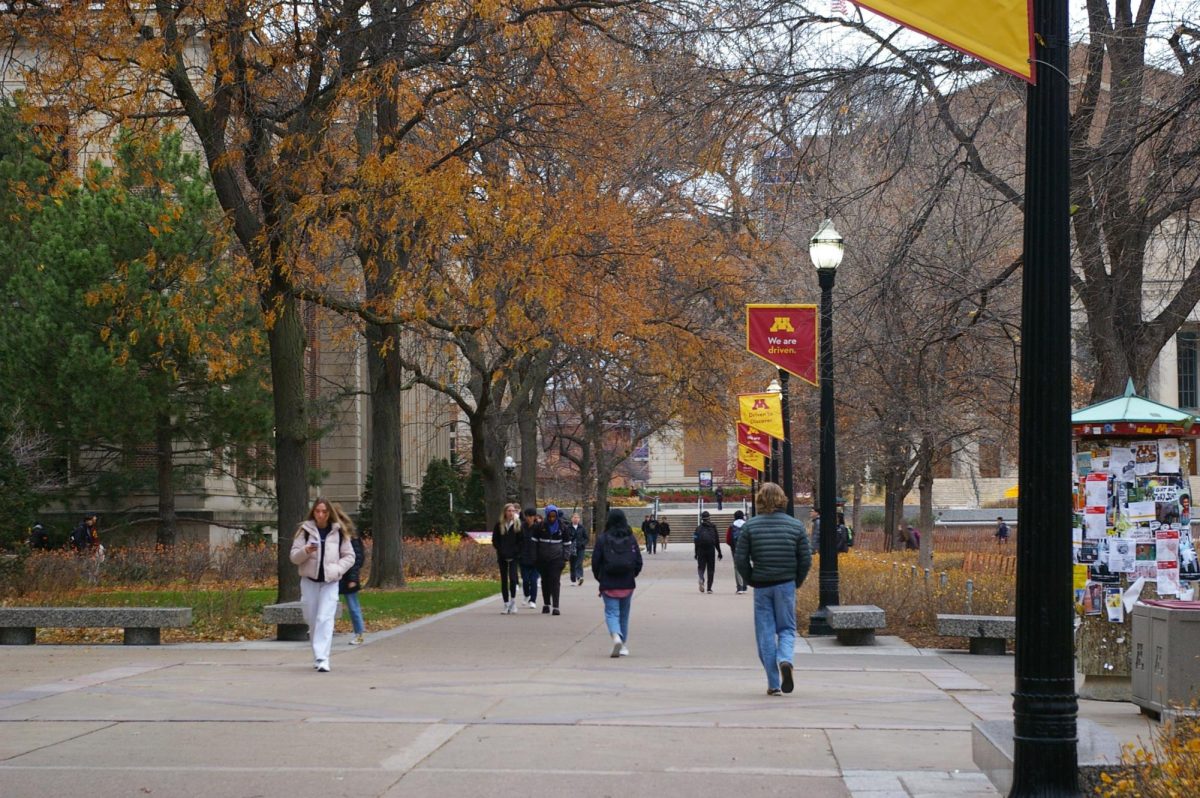Some students at the University of Minnesota who are dually enrolled in the University Honors Program (UHP) and the College of Food, Agricultural and Natural Resource Sciences (CFANS) said they have been finding it difficult to graduate with distinction due to minimal honors courses within the curriculum and generally feeling unsupported by the program.
There are currently 130 total undergraduate students in CFANS and most departments within the college have around 10 honors students, aside from the animal science, environmental sciences and policy and management programs, Associate professor and Honors Faculty Representative for animal science Milena Saqui-Salces said.
CFANS 3091V is the only offered honors course within the regular curriculum, as of now, Saqui-Salces said. There is also no current honors advisor assigned solely to the college, which results in students saying they feel a lack of support from both UHP and CFANS.
Some students in the honors program and CFANS said when they were a freshman, the honors program was advertised as a supportive community and that it would be a part of their identity as a student.
However, after starting the honors program, CFANS students discovered a disconnect between their college and the honors program.
“[The honors program] drew me to come to the University,” Grace Atchison, a fourth-year student in food science and nutrition (FSCN) who dropped out of the honors program, said.
Atchinson said after her freshman year, she realized there wasn’t a large honors program presence within CFANS, and her friends outside of CFANS within honors programs had more opportunities for experiences and courses.
Other students have said trying to figure out how to fulfill the honors program requirements on time has become a stressor, and it feels as if it is designed to make you drop.
And some students did drop out of the honors program to graduate on time.
“Not having the option to take honors classes made it hard to stay within the program,” Atchison said. “I was looking at my APAS and honors and there was no way I could complete it all, there is no course overlap with FSCN.”
The honors program at the University requires a Nexus One experience in the first year, three honors courses, five additional honors experiences and a senior honors thesis. Of the three honors courses, one must be either a Grand Challenge Curriculum (GCC) course or an honors seminar. The additional five honors experiences can be honors classes, internships, study abroad experiences or research.
“Certainly, we welcome conversations from CFANS faculty interested in teaching honors seminars, developing honors courses, participating in the NEXUS program and providing research and service-learning opportunities for students,” Matt Bribitzer-Stull, director of UHP, said in an email to the Minnesota Daily.
Meeting other CFANS honors students in an introductory course, like a Nexus One experience, would be very helpful, Atchison said.
Arion Hutchinson is a second-year honors student studying environmental sciences, policy and management. Hutchinson said she would like to see more honors courses both within his major or just loosely tied to CFANS.
“I think this would be beneficial…to meet other honors students with similar interests,” Hutchinson said.
However, students find difficulty taking GCC classes due to their unusual scheduling.
“It’s a little tricky because you can’t really plan these [GCC courses] into your schedule in advance because they aren’t regular courses,” Hutchinson said.
Additionally, the lack of classes outside of GCC makes it difficult for CFANS students in the honors program to complete degree requirements.
Some students in the honors program and CFANS said a lack of honors seminars in CFANS combined with the requirement to take them causes an equity and accessibility issue. They must rely on honors experiences to complete the program, the majority of which are unpaid volunteer positions.
Another challenge with retaining honors students is the lack of core curriculum. Other colleges within the University have core classes they can make honors, but CFANS does not, CFANS Dean Brian Buhr said.
An issue highlighted by both students and faculty was the need for a stronger sense of community within the UHP and CFANS. Some honors students in CFANS said they do not have a good relationship with previous honors advisors in CFANS or UHP staff.
“One reason I was really eager to be a part of the honors program was the claim that it would give us the opportunity to get a “small college feel” at a school with all of the opportunities of a large university,” Hutchinson said. “I don’t know that I would characterize my experience that way.”
Going forward, students and faculty said they would like to see CFANS and UHP make changes to accommodate the challenges students face in both programs. Some honors students in CFANS said they desire an honors advisor trained specifically for CFANS students and more training for faculty representatives.
Another idea some CFANS students brought up is increasing the amount of honors course add-ons that can be done, from a singular one per academic year to multiple.
“We would like to offer more, particularly seminars, but the challenge we run into is faculty availability,” Buhr said, but currently there are no incentives for faculty to teach honors classes and they must do so with their own free time.
Professor Jim Perry, who is a previous CFANS honors faculty representative, said he proposed to have honors sections added to larger classes within CFANS to increase opportunities for honors students, however, the idea was never implemented.
“I’ve been long advocating for a [CFANS] college-wide thesis course; discussions continue on that topic,” Bribitzer-Stull said. “I’d also like to see a lot more faculty involvement in UHP across the University.”
Hearing and implementing ideas is something we need to evaluate and work on moving forward, Buhr said.
Even with the desire for change, students and faculty view the honors program in general as a necessity to University life.
“I think the honors program is a significant benefit to students through enhanced class experiences and distinction at graduation for future employment,” Perry said.



















Kristin
Oct 22, 2022 at 10:00 am
Omg.
Mary P
Oct 22, 2022 at 9:54 am
It has always been like this, even before the pandemic, across the U. The workers who support the honors program are overworked and underpaid. If any student was drawn to the U of Mn because of the honors program, they’ve been duped. Admin runs this place like a corporation; why we continue to put up with people like Brian Buhr and others is a question we should be asking.
Deanna
Oct 21, 2022 at 4:12 pm
Quick question….has the university always struggled to offer honors classes in animal sciences before the pandemic, or is this a recent phenomena….because I’m noticing the lack of classes for many minors that are relatively new too. I guess what I’m saying is….what difference is this lack from the general lack of support across the entire U of M curriculum? Has it always been like this?